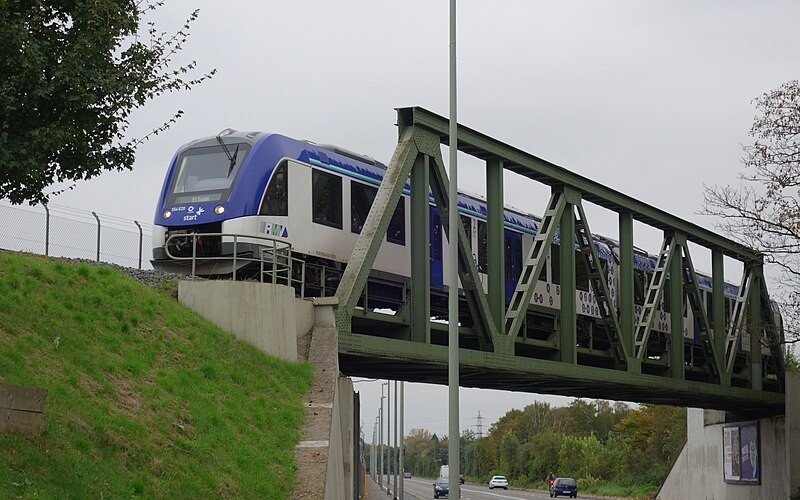India's Journey Towards Sustainable Railways with Hydrogen-Powered Trains
Key Ideas
- India is set to introduce its first hydrogen-powered train on the Jind-Sonipat route, showcasing its commitment to sustainable transportation and reducing carbon emissions.
- The hydrogen train can reach speeds up to 110 km/h, with a passenger capacity of 2,638, making it one of the most advanced trains in the country.
- Hydrogen-powered trains have multiple benefits including zero emissions, higher energy efficiency, cost-effectiveness over time, and quieter operation for a better passenger experience.
- This initiative aligns with the 'Hydrogen for Railways' project in India, aiming to make Indian Railways a net-zero carbon emitter by 2030, following global trends in hydrogen rail technology.
India is on the verge of a significant breakthrough in its railway sector with the imminent launch of its first hydrogen-powered train. Set to operate on the Jind-Sonipat route in Haryana by March 31, 2025, this development is a pivotal step in India's commitment to sustainable transportation. Hydrogen-powered trains, known for their eco-friendly nature, emit only water and heat as by-products, thereby contributing to reduced carbon emissions and noise pollution. The upcoming hydrogen train in India is designed with advanced features, boasting a top speed of 110 km/h and a massive passenger capacity of 2,638. It will be powered by a 1,200 HP engine, positioning it as the highest-capacity hydrogen-powered train globally. Operating along a well-connected railway network in Haryana, the hydrogen train aims to cater to a large number of daily commuters, aligning with the state's growing demand for sustainable transport solutions. The introduction of this hydrogen-fuelled train is expected to bring numerous benefits to India's railway infrastructure, including zero emissions, higher energy efficiency, cost-effectiveness over time, and a quieter travel experience for passengers. This initiative is part of India's broader vision to achieve zero carbon emissions in its railways by 2030, in line with global efforts towards sustainable transportation. By embracing hydrogen rail technology, India is positioning itself alongside countries like Germany, China, and the UK, setting a new standard for green rail infrastructure while contributing to global climate change mitigation efforts.
Topics
Fuel Cells
Technology
Innovation
Sustainability
Carbon Emissions
Transportation
Environment
Railways
Public Infrastructure
Latest News
3
Adani Enterprises Launches India's First Hydrogen-Powered Truck for Mining Logistics in Chhattisgarh
Transportation | an hour ago
